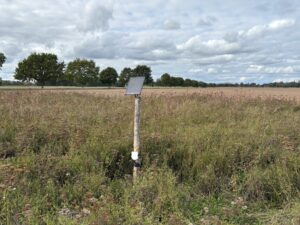Many climate change-related projects actually reinforce or create new sources of vulnerability in developing nations, according to a new paper published today (January 22) in World Development.
The paper, which was led by researchers at the University of Oxford and Norwegian University of Life Sciences (NMBU) examined 33 empirical studies in order to understand their impact.
The researchers identified four key issues which are responsible for unintended negative consequences, these include:
- A shallow understanding of what drives vulnerability in specific locations, such as gender inequality, race relations or inequitable access to natural resources caused by systemic or historical drivers.
- Not involving local people in the design and implementation of projects.
- Integrating adaptation into existing development projects without considering whether the development projects actually address the drivers of vulnerability to climate change in the first place.
- Insufficient understanding of conceptual and practical terms of what ‘successful’ adaptation looks like.
The researchers found that resettlement policies are among the most extreme cases of top-down interventions causing vulnerability.
For example, pastoralists who are forced to settle and shift to more marginalised livelihoods or people who are relocated losing their land rights – often leading to decreased food security, disempowerment and exacerbated vulnerability for this group.
Dr Lisa Schipper, environmental social science research fellow at Oxford’s Environmental Change Institute, said: ‘The fact that adaption projects are making people even worse off in the face of climate change than they were before is worrying.
‘Our findings go beyond unintended negative consequences, to suggest that adaptation interventions risk becoming tools for marginalisation and instruments of power abuse.’
Dr Siri Eriksen, Professor of International Environment and Development Studies, NMBU, added: ‘To overcome these challenges and ensure funding is actually helping marginalised people, it is crucial for the international funding community to engage more deeply with the drivers of local and global vulnerability such as poverty or unequal power dynamics.
‘Simply calling for more climate finance is not helpful if projects are leading to elite capture of funds and ‘accumulation by adaptation’ making marginalised people even worse off in the face of climate change than they were before.’
Photo Credit – Pixabay















